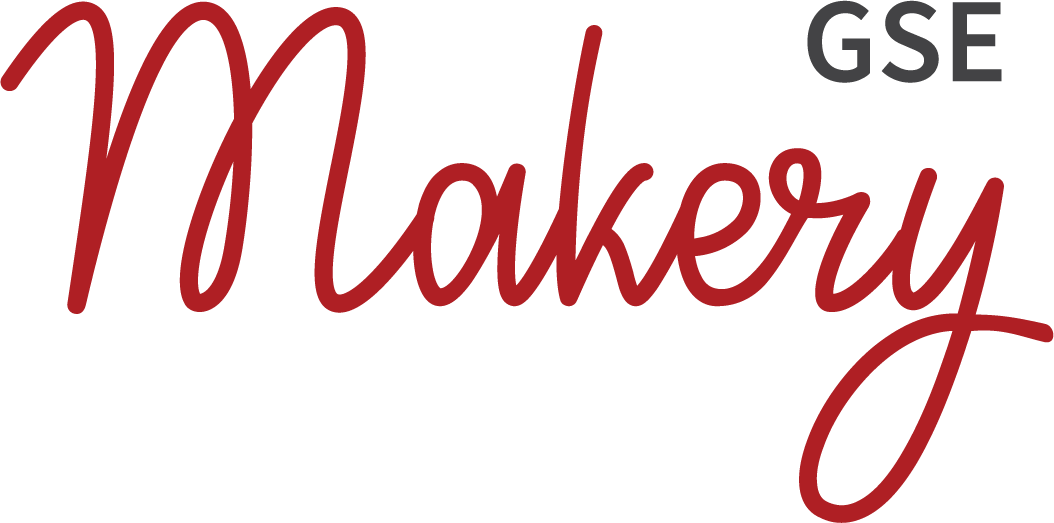
Jacob Ramirez
Expertise: Curriculum development & teaching in nontraditional learning environments, working with justice system-impacted learners, maker education, digital fabrication (machine embroidery, laser cutting)
What was your trajectory to where you are now?
I've had a pretty non-linear trajectory to where I am now. I studied International Relations & Development at UC Berkeley, and after graduating, I moved to New York to work as a volunteer coordinator for a nonprofit through Americorps. In that role, I recruited, placed, and managed over 100 volunteers who supported current and formerly incarcerated students at various stages of their academic careers. I developed new programs and curricula for implementation within NYC carceral facilities and reentry organizations. This role made me deeply interested in education, so I applied to several master's programs and ended up studying International Education Policy at Stanford GSE. As a student at Stanford I stumbled upon the Makery and developed an interest in making, but more specifically in how we could bring making and the ethos of these spaces to learners who have historically been shut out from creative pursuits and exploration. I spent a lot of my time as a student teaching in one of several San Francisco County Jails, where I was lucky enough to be supported in developing and implementing creative curricula for incarcerated learners. After graduating, I wanted to continue developing expertise in maker education, maker space management, and creative curriculum development. When the Makery Manager role opened up, I knew it was exactly where I needed to be.
What do you like to make?
I'm always excited to learn new making technologies and techniques, but I really enjoy working with textiles, typically via machine embroidery and various printing methods. Clothes can be gateways to people's personalities, so I like to create pieces that allow people to express their individuality. Aside from clothes, I like to work with wood to build furniture (though I've only recently gotten into this).
What are you excited to do at the Makery?
Hopefully breaking down preconceived notions of what sorts of people belong in these types of spaces. Makerspaces are less about technical competency or tool mastery, and more about developing mindsets that encourage agency, creative and critical thinking, collaborative learning, curiosity, and much more. We want to empower the next generation of teachers to feel confident incorporating maker-based learning strategies in their classrooms. In addition, we are creating and investigating ways technology can better facilitate core pedagogical philosophies that posit that students learn better through exploration while being engaged in hands-on activities.
What do you see as the biggest challenges for educational makerspaces currently?
Sustainability is a big problem. This is especially true in the public school systems. You need space, money for tools and materials, staffing, curriculum, etc. Also, implementing authentic project-based learning where the work is open-ended and inquiry-driven from student interests is challenging logistically and requires much more time than the traditional instruction model. In schools that have to adhere to state-provided standards, it can feel counterproductive to spend class time not specifically addressing core content.
What do you always want to do in maker education that you never can?
Bring a fully equipped maker space into a juvenile correctional facility. Many things stand in the way of this: jail bureaucracy, safety concerns, facility access, resources, and sponsors, to name a few. I've come close to getting this off the ground in the past, but things fell through; it’s still a dream of mine, though.
